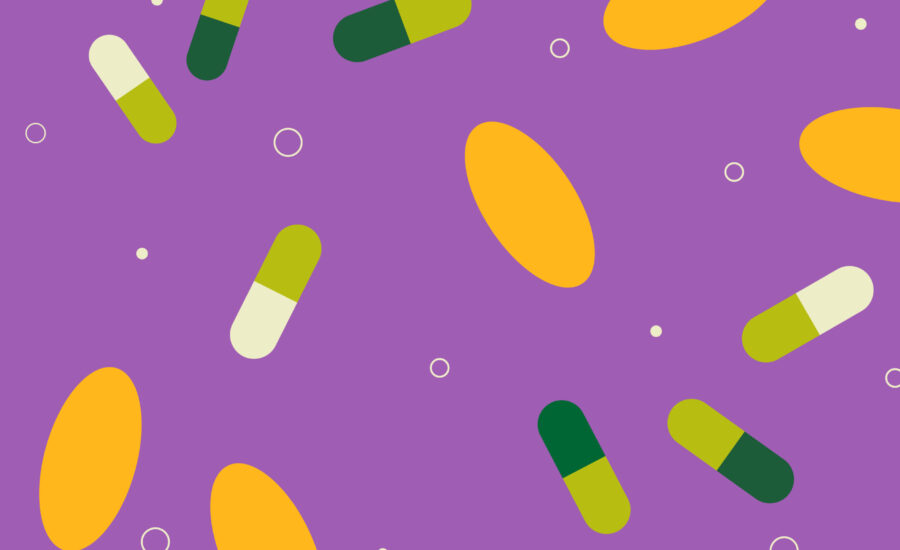Do You Need Supplements?

The following post was written by Heinen’s Chief Dietitian, Melanie Jatsek, RD,LD.
Do I need supplements? This is the question Heinen’s Chief Medical Officer Dr. Todd Pesek, M.D. receives most often. His answer? Always and unequivocally yes!
Why Do You Need Supplements?
When asked about supplementation in the past, I admittedly used to say that one can receive all of the vitamins and minerals they need through food, and if they wanted to take a multivitamin, it “wouldn’t hurt”.
Today I know better.
Part of this knowing is from personal experience. By adding a few supplements to my daily self-care routine, I’ve experienced: heightened energy levels, enhanced gut health, more balanced emotions, and an improved ability to adapt to everyday stressors, such as juggling work and family life.
According to Dr. Todd, our modern lifestyle is the reason we need to supplement. He goes on to say:
“We are existing in the context of nutrient-depleted soils and stress. These factors, among others, collectively lead to voids or things that our bodies need to run optimally. Supplementation can fill those voids and give you that extra layer of insurance for good health.
The Five Essential Supplements
It’s easy to get overwhelmed when you explore the world of supplements, so Dr. Todd breaks it down for you in very simple terms.
There are five essential supplements that are necessary due to depleted soils and toxic elements in our environment. They include:
- A whole food-based multivitamin with vitamin B-12
- Bioavailable iodine
- Probiotic
- Vitamin D3
- Algae-based DHA
To learn more about the five essentials, please visit this post on Functional Food Supplements. As always, please consult with your medical provider before starting any new supplements.
Other Supplements to Consider
In addition to the five essentials, I’ve experienced notable benefits from three other supplements—two of which can be made in your very own kitchen!
Magnesium
Magnesium is one of the most important minerals in the human diet, yet close to 75% of Americans aren’t getting enough. It’s known as the “relaxation” mineral, and as such, can help support healthy blood pressure, sleep and overall mood. It also assists glucose into your cells where it belongs, helping to control blood sugar levels!
Signs of magnesium deficiency involve all the body’s major systems and include: irritability, anxiety, fatigue, migraines, muscle weakness and muscle cramps.
I like Heinen’s brand of Magnesium Glycinate.
Lemon water
Lemon is Mother Nature’s detoxifier. It supports the liver in pulling toxins out of the body and is especially powerful when taken first thing in the morning, which is why I recommend drinking a full 16-24 ounces of water with one tablespoon of fresh lemon juice every day after waking. To save time, try Lakewood Organic Pure Lemon Juice.
Golden milk
Golden Milk is another name for “turmeric milk.” It is a superfood-rich, highly anti-inflammatory combination of either fresh or dried turmeric, spices and milk. The mixture is heated and typically sweetened with something like raw honey, although I enjoy mine without because the flavor alone is amazing.
To save time making golden milk from scratch, I recommend Garden of Life MyKind Organics Golden Milk, a powder made from organic ingredients such as turmeric root, cardamom seed, ashwagandha root (an adaptogenic herb that promotes stress-reduction in the body), cinnamon, and black pepper. Mix one scoop with your favorite unsweetened warm milk and enjoy!
Key Takeaway
It’s impossible to supplement your way out of a poor diet. In other words, food must always come first. Starting your day with a nutritious smoothie is a wonderful first step towards improving the quality of your overall diet.


